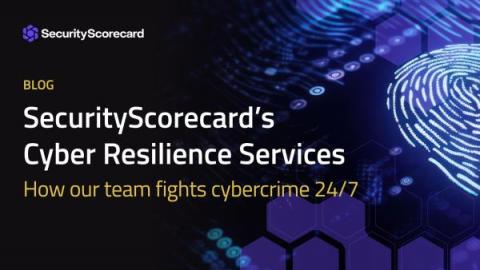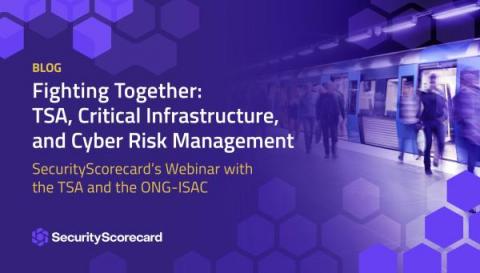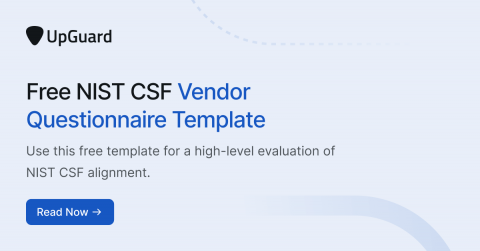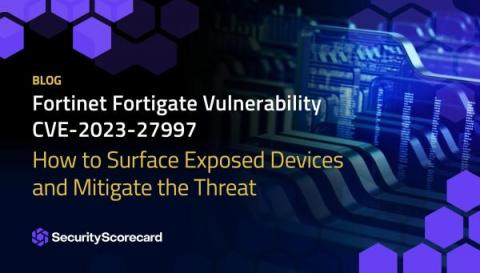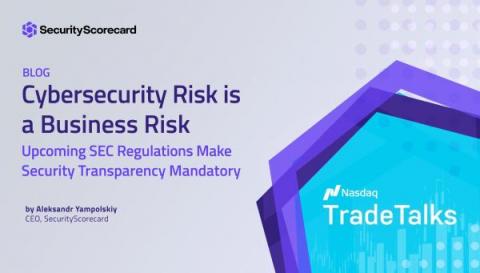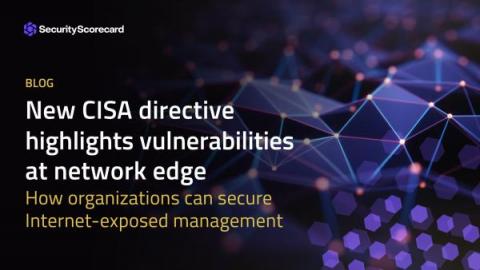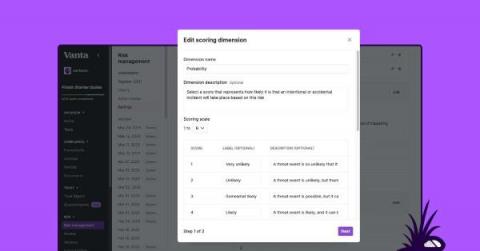SecurityScorecard's Cyber Resilience Services
With the average cost of a data breach now at $4.35 million, organizations need to take proactive measures to protect themselves and their data against cyber threats. Having a plan in place for how to respond to cyber incidents is an important step in increasing cyber resilience, protecting sensitive data, and saving money. But where should an organization start? And who should it trust?


